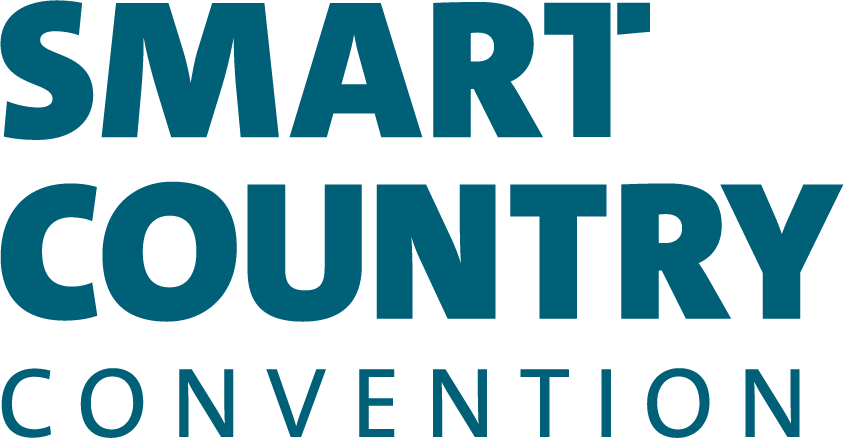TALQ Certification, the key to interoperable smart city systems
Published on 2020-10-12
TALQ Certification, the key to interoperable smart city systems
Additional transparency through published product capability lists
The TALQ Consortium stimulates collaboration between different vendors and fosters competition at the same time. The main goal of the Consortium is to ease investment decisions for cities and public entities, which plan to invest in smart city applications. The Smart City Protocol and its strict certification procedures assure interoperability among products from different vendors by agreeing on a common ‘language’. At the same time the split in ‘mandatory’, ‘optional’ and ‘vendor-specific’ features gives manufacturers the freedom to clearly differentiate their solutions. Since September 2020 a capability list for every certified product will be available on the TALQ website.
TALQ developed and manages the evolution of its Smart City Protocol standard. This protocol defines the ‘language’ in which Outdoor Device Networks (ODN) and Central Management Software (CMS) in a smart city communicate with each other. Or, more technically, the TALQ protocol defines the message types, data format, parameters and behavior of CMS and Gateways, to configure, control, command and monitor different types of connected devices on various ODNs. At the same time, TALQ does not constrain the protocols and network implementation of the ODN itself.
Differentiation through vendor-specific features
In order to enable integration and interoperability across a variety of CMS and ODN implementations, the Smart City Protocol defines mandatory functionality as well as a rich set of interoperable optional features. The most commonly used and important operations are covered by mandatory functionality. Optional features are defined to address frequently-requested additional functionality and requirements of smart city applications.
TALQ-compliant CMS and Gateway implementations can also implement supplier-specific ‘events’ and ‘attributes’ using standardized mechanisms.
To ensure that each certified system with its own set of features can communicate flawlessly with other certified systems, a comprehensive set of test cases has been integrated in the TALQ Certification Test Tool. To provide transparency for TALQ members and their customers, a ‘capability list’ of every product is published after TALQ certification has been awarded. These capability lists show exactly which features have been confirmed and provide the greatest confidence for customers. For additional information customers can request the detailed test report from any vendor.
“We are really proud of our elaborated Test Suite and test procedures, which have proved to be extremely reliable with more than 20 certified products today. But even more we are proud of the energetic TALQ community which works to develop additional requirements and test cases every month to allow further smart city applications to be included in the standard”, reports Simon Dunkley, Secretary General, TALQ Consortium.
back to all news



